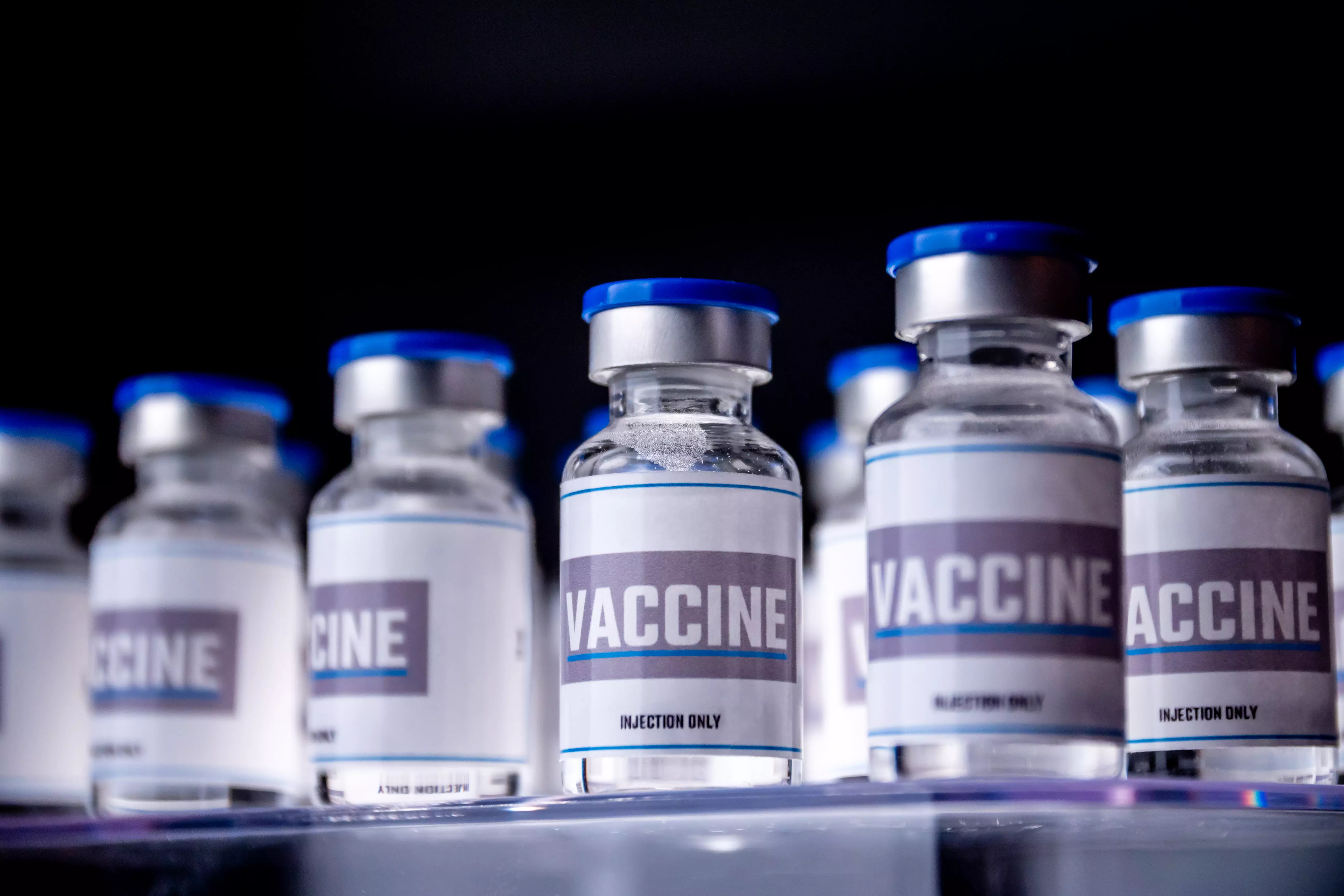Scientific research on H5N1 vaccines
Scientific research on vaccines against H5N1
In recent years, scientific research on vaccines against the H5N1 virus, which is responsible for causing the well-known bird flu, has become increasingly popular. Vaccines are an important element in the fight against this dangerous virus, which is why scientists from around the world are devoting a lot of effort to improving and developing them. In this article, we will introduce the latest research results in this field and discuss the prospects for the development of vaccines against H5N1.
Active and passive vaccination
Researchers conducting studies on H5N1 vaccines distinguish two main methods of vaccination: active and passive. Active vaccination involves introducing a weakened or inactive virus into the body, which stimulates the immune system to produce antibodies. Passive vaccination, on the other hand, involves the administration of ready-made antibodies that protect the body from the virus. Both methods have their advantages and disadvantages, so scientists are conducting research into their effectiveness and possible practical application.
Modern technologies in vaccine production
Safety of H5N1 vaccines
The question of safety of H5N1 vaccines is one of the most important aspects of the research. Scientists are trying to ensure that the vaccines are effective and at the same time safe for patients. Clinical trials are an essential step in the process of developing new vaccines, as they allow for evaluation of the effectiveness and safety of the formulation. It's worth noting that H5N1 vaccines are subject to strict oversight and regulation to ensure maximum safety for patients.
The future of H5N1 vaccines
The future of H5N1 vaccines seems promising. Scientists around the world are working hard to perfect this form of protection against the bird flu virus. We can expect to see new, even more effective vaccines on the market in the coming years. However, scientific research on vaccines against H5N1 is not limited to the development of new formulations. It is equally important to understand the mechanisms of action of the virus and its variability, which will allow for more effective prevention and faster response to possible epidemics.
Summary
Research on vaccines against H5N1 is of great importance in preventing the spread of the virus and protecting public health. With advances in this area of science, we can be more prepared for possible threats from avian influenza. However, research on vaccines against H5N1 is a lengthy process that requires international cooperation. Putting new formulations into public use requires clinical trials and strict safety standards. Despite these challenges, research in this area is nurturing hope for effective control of the H5N1 virus and protection of human health.
